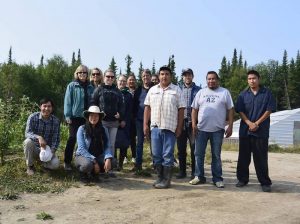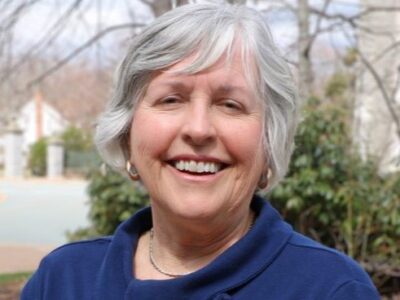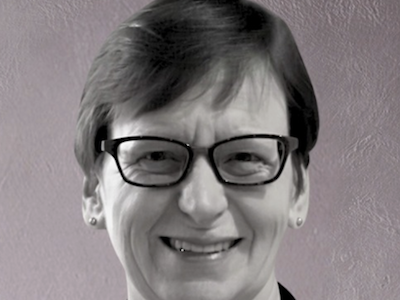 By Marcel Lauzière.
By Marcel Lauzière.
Recently, conversations have arisen in the philanthropic sector about rethinking the funder-grantee relationship to refocus power and influence. Behind these conversations is an increasing sense that a new kind of relationship could lead to more impact. And in the end, impact is what everyone is working towards.
Let me offer two examples to illustrate how our work at the Lawson Foundation is changing to give more power and influence to those we’re funding. Both involve relationships with Indigenous partners.
The partnership with Raven
The first one relates to the Indigenous Diabetes Reduction initiative. For more than three decades, the Foundation has worked on diabetes prevention and built up a strong expertise in the area. But we now know that if anything is going to change, things need to be done differently. Our work must increasingly be community driven, and that entails taking a back seat and playing much more of a supporting role. Although we’re at the table, leadership is in the hands of our Indigenous colleagues, such as those working with our partner, Raven Indigenous Capital Partners.
The partnership with the Indigenous Advisory Council
The second example relates to the recently created Indigenous Peoples Resilience Fund in which the Lawson Foundation was an early contributor along with the Laidlaw Foundation, McConnell Foundation and the Counselling Foundation of Canada. This is an Indigenous-led initiative to respond to urgent community needs with a view to strengthen resilience. All granting decisions are made by the Indigenous Advisory Council. The contributing funders have no say in the governance of the fund, its priorities or the granting making. That power has been left to the Council.
How to shift power in relationships
These two examples depart from the ways that we and other funders usually work, but they illustrate how by doing things differently, by sharing power and influence, all of us can benefit

Meechim Farm, in Garden Hill First Nation, in Manitoba, is a social enterprise — a farm, a food market, an agricultural training initiative and an educational program to teach children about food growth and healthy eating. It’s one of four Island Lake Indigenous communities participating in the Indigenous Diabetes Reduction initiative.
At the Lawson Foundation, we’re in a learning mode. Increasingly, we’ve been working with cohorts of grantees in our various impact areas, seeking their advice on our directions and priorities. A few years ago, along with our partners at the Laidlaw and Counselling foundations, we undertook our first Grantee Perception Survey, conducted by a third party, to hear from our grantees about what they like and don’t like about our way of engaging with them. It provided an important opportunity for them to be candid and for us to hear their voices.
Coming out of this are steps we’re now taking at the Lawson Foundation to make our relationships with grantees into ones of dual accountability. Our letters of agreement will increasingly recognize that duality. Grantees would continue to be accountable and to demonstrate the progress in the areas being funded. But we as a funder would also be accountable to our grantees by a commitment to provide the right support, engage in a more meaningful way and learn from them. These are small steps, but through them, we hope to begin to shift our relationships to build on our respective strengths.
Funders and grantees have very different assets to contribute to the challenges that we face. More impact could come from making better use of these. For funders, our assets stem primarily from our financial resources, but in many cases also from our ability to make connections, to open doors, and to convene unusual suspects. Grantees have strong relationships with the communities they serve. As a consequence, they bring a much deeper knowledge and experience of the realities on the ground and the issues that confront us as a society.
Indeed, grantees have been saying this for a very long time. But now funders are listening and acknowledging this in new, practical ways.
Marcel Lauzière is President & CEO of the Lawson Foundation, a national family foundation that focuses on the healthy development of children and youth. He’s on Twitter and LinkedIn.
Click for the Next Story in the Power Series: The Foundation for Black Communities
Monday, December 7, 2020 in Fundraising, Private Foundations, Shifting Power
Share: Twitter, Facebook



